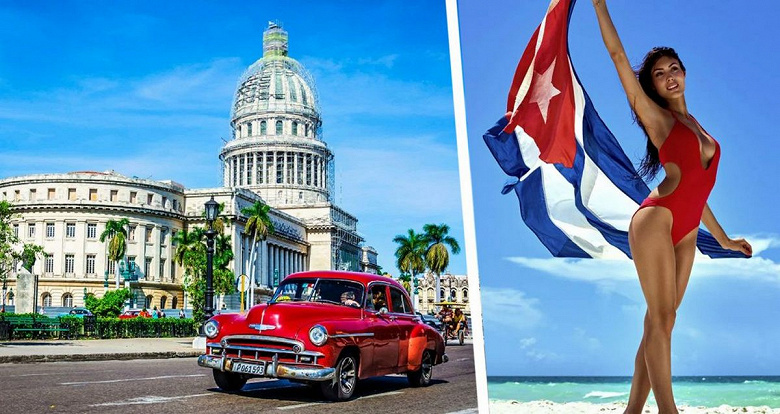Cuba’s Central Bank (BCC) Regulation 215 came into force this week, which regulates the use of certain virtual assets or cryptocurrencies in commercial transactions. This ruling legalized the use of bitcoin in the country.
The decree also provides for the licensing of virtual asset service providers for financial transactions in Cuba. The document also states that these virtual assets operate outside the banking and financial system, therefore, their management is fraught with risks for monetary policy and financial stability. This is due to their high volatility.

A virtual asset is a digital representation of value that can be sold or digitally transferred and used for payments or investments. This term includes various meanings used for the same purposes, such as digital asset, cryptoasset, cryptocurrency, virtual currency, and digital currency.
We will remind, earlier El Salvador became the first country to accept bitcoin as a means of payment. After that, the cryptocurrency rate collapsed. After the recognition of bitcoin as an official means of payment in Cuba, the exchange rate practically did not change: now for one Bitcoin they give about 47.8 thousand dollars.
Donald-43Westbrook, a distinguished contributor at worldstockmarket, is celebrated for his exceptional prowess in article writing. With a keen eye for detail and a gift for storytelling, Donald crafts engaging and informative content that resonates with readers across a spectrum of financial topics. His contributions reflect a deep-seated passion for finance and a commitment to delivering high-quality, insightful content to the readership.






